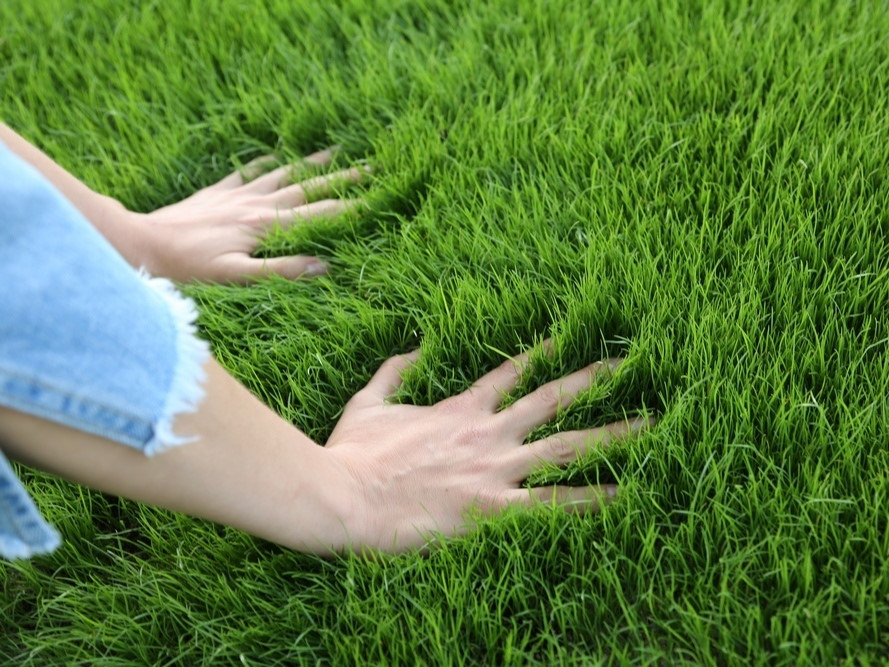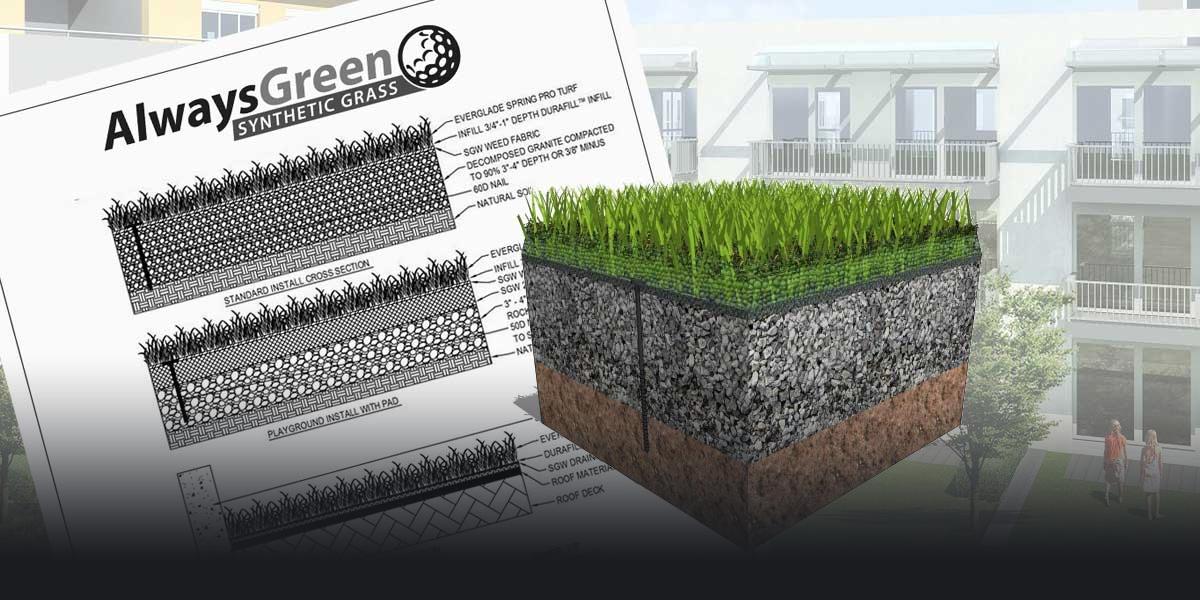Trusted Turf Installation Services in Canoga Park for Artificial Lawns
Trusted Turf Installation Services in Canoga Park for Artificial Lawns
Blog Article
Leading Factors to Consider Artificial Turf for a Low-Maintenance and lush Lawn
As home owners progressively look for sustainable remedies for outdoor areas, artificial turf offers an appealing alternative to standard yards. Its ability to maintain a vivid look year-round without the worries of chemical, mowing, or watering treatments makes it a sensible choice for those aiming to minimize maintenance efforts. The ecological benefits, including substantial water preservation and lowered reliance on pesticides, straighten with contemporary eco-friendly worths. Nevertheless, the advantages prolong past plain looks and sustainability; exploring the complex implications of artificial yard exposes a thorough strategy to lawn management that advantages deeper factor to consider.
Year-Round Greenery
One of the most significant benefits of artificial yard is its capacity to offer year-round plant, regardless of climate problems. Property owners usually face obstacles in maintaining a lively grass due to seasonal adjustments, dry spells, or hefty rains. Fabricated grass removes these problems, making sure a constantly lavish appearance throughout the year.
This artificial alternative is engineered to withstand varied climate scenarios, from sweltering summer season heat to cold wintertime temperatures. Unlike natural turf, which might brown or become uneven throughout severe problems, synthetic grass maintains its dynamic shade and structure, boosting the visual charm of any kind of landscape.
Furthermore, artificial yard is immune to pests and illness that typically affect all-natural lawns. This resilience adds to its long-lasting beauty, as there is no demand for chemical therapies or fertilizers that can be harmful to the environment. Home owners can appreciate the visual advantages of a well-maintained yard without the cyclical challenges positioned by natural yard care.
Decreased Upkeep Initiatives
Synthetic turf substantially reduces upkeep efforts, enabling homeowners to enjoy an excellent grass without the lengthy jobs connected with all-natural lawn care. Among the most remarkable advantages of artificial lawn is the removal of routine mowing. Without any demand for a lawnmower, home owners save both time and the cost of upkeep related to this tools.

Cleansing synthetic turf is simple; a simple rinse with a pipe or the occasional brushing to get rid of debris is typically enough - artificial grass. This convenience of care enables homeowners to spend more time appreciating their outdoor areas instead than laboring over them. In recap, the decreased maintenance initiatives related to fabricated turf make it an enticing selection for those seeking a lovely, problem-free backyard
Water Conservation Advantages
The considerable decrease in upkeep efforts connected with man-made yard extends to water conservation, making it an environmentally pleasant alternative for homeowners. Conventional yards call for substantial amounts of water to remain vibrant and lush, commonly leading to extreme water usage, especially in dry areas. In comparison, artificial grass eliminates the requirement for routine watering, drastically reducing the overall water intake in your backyard.
By selecting artificial grass, house owners can preserve countless gallons of water every year. This change not just benefits specific households yet additionally adds to wider ecological initiatives intended at lowering water waste. In locations experiencing water deficiency, the fostering of fabricated yard can play a significant duty in reducing the results of dry spell and guaranteeing that useful water resources are made use of extra effectively.
Furthermore, Extra resources the installation of artificial yard can assist lower local water need, benefiting the community overall. With expanding understanding of environmental issues, choosing fabricated lawn serves as an aggressive step towards lasting landscape design, assisting to maintain natural water sources while maintaining a cosmetically pleasing outdoor room (turf installation). In summary, synthetic grass provides an engaging option for water conservation, lining up environmental responsibility with modern-day landscape design needs

Bug and Allergic Reaction Decrease
A substantial advantage of installing artificial lawn is its capacity to minimize bugs and allergens in outdoor spaces. Traditional grass yards often act as reproducing grounds for bugs such as insects, ticks, and ants, which can create pain and wellness risks for households and family pets. In comparison, fabricated turf removes the natural material that brings in these bugs, thereby considerably lowering their populations in your backyard.
In addition, natural resource grass can harbor mold and mildew, pollen, and other irritants, which can trigger allergies and breathing problems for sensitive individuals. Artificial lawn offers a cleaner setting, lowering the capacity for allergenic reactions. Unlike natural yard, synthetic lawn does not generate plant pollen, making it an excellent alternative for allergic reaction victims looking for to appreciate their outdoor rooms without the threat of flare-ups.
In addition, the absence of dirt in synthetic grass indicates there is much less dust and dust, further decreasing airborne irritants. This low-maintenance alternative not only enhances the aesthetic allure of your lawn yet also advertises a much healthier outdoor environment, enabling families to enjoy their lawns without the constant fear of allergens and insects. Thus, synthetic grass is a strategic choice for those focusing on comfort and health and wellness in their outdoor space.
Long-Term Cost Cost Savings
Spending in artificial grass can lead to considerable long-term price savings for homeowners. Man-made yard removes the need for routine yard maintenance expenditures, such as mowing, feeding, and watering.
In addition, the long life of artificial turf further enhances its cost-effectiveness. Many top quality man-made yard products can last 15 to 25 years with very little maintenance, lowering the need for substitute or substantial fixings. In contrast, all-natural yard may require constant reseeding and routine treatment, which can rapidly add up in expenses.
Utility financial savings are one more vital aspect. Property owners can anticipate to see reduced water bills, as artificial lawn does not require irrigation. In addition, the decrease in grass care solutions can release up beneficial time and resources, allowing homeowners to allocate their spending plans somewhere else.
Conclusion
In summary, synthetic yard offers various benefits for home owners seeking a low-maintenance and vivid landscape. Its capacity to offer year-round plant, combined right here with lowered upkeep efforts and significant water conservation, makes it an enticing option. In addition, the reduction of irritants and parasites adds to a much healthier exterior setting. Ultimately, the lasting cost savings connected with synthetic grass strengthen its standing as a lasting and functional service for improving outdoor areas.
Synthetic lawn considerably minimizes maintenance efforts, allowing property owners to take pleasure in an excellent yard without the taxing jobs connected with all-natural yard treatment.The substantial decrease in maintenance efforts associated with synthetic turf extends to water conservation, making it an environmentally friendly alternative for home owners. In comparison, fabricated yard eliminates the demand for routine watering, drastically reducing the total water usage in your backyard.
In locations experiencing water shortage, the adoption of fabricated lawn can play a considerable duty in alleviating the impacts of drought and ensuring that beneficial water sources are utilized a lot more successfully.
With growing awareness of ecological concerns, choosing synthetic grass offers as a positive step in the direction of sustainable landscape design, helping to maintain natural water resources while preserving an aesthetically pleasing outside space.
Report this page